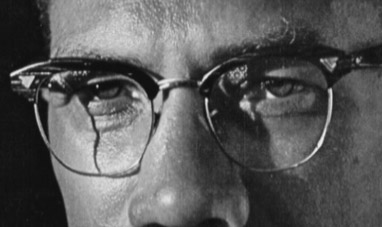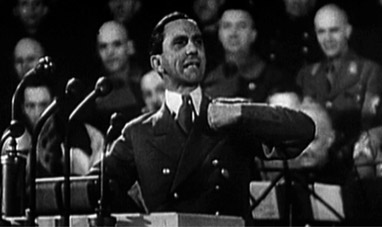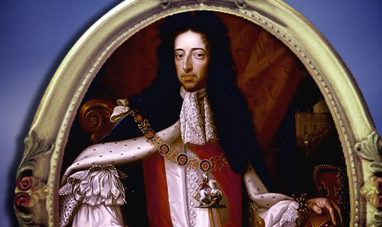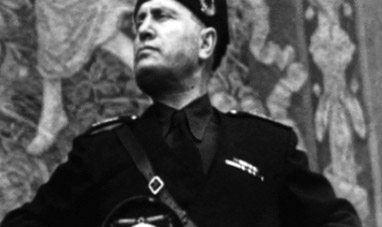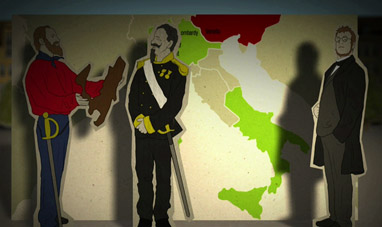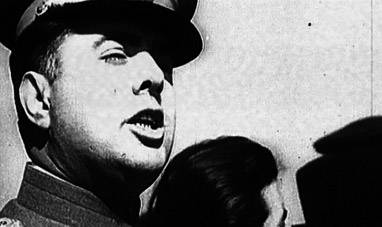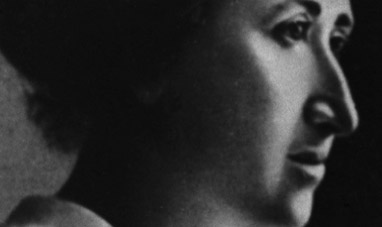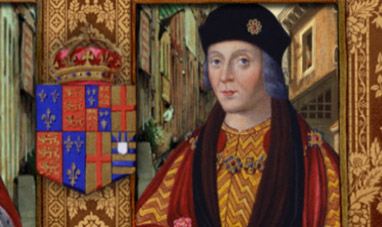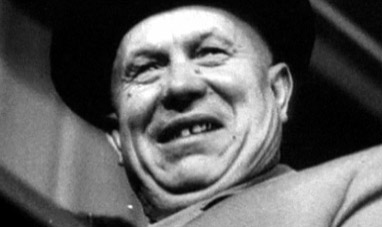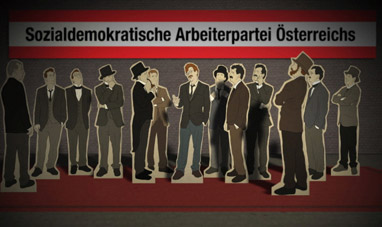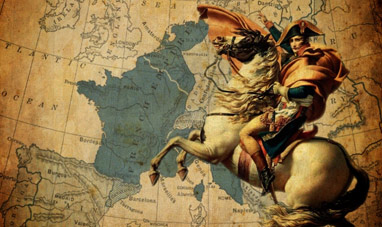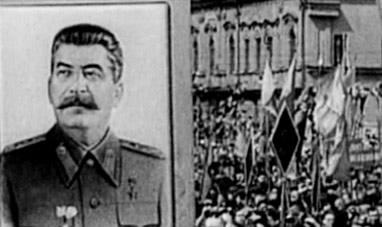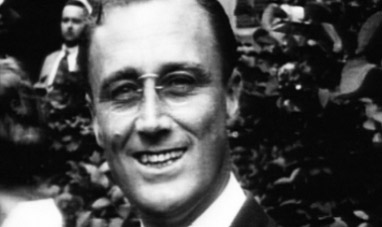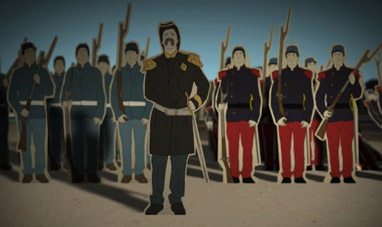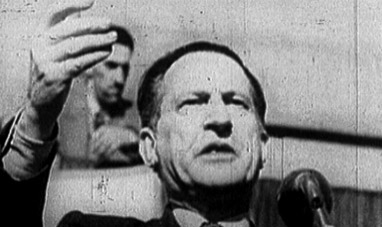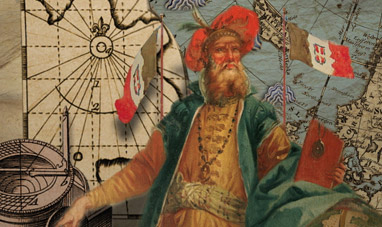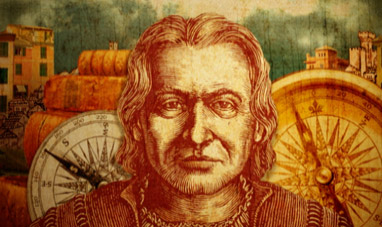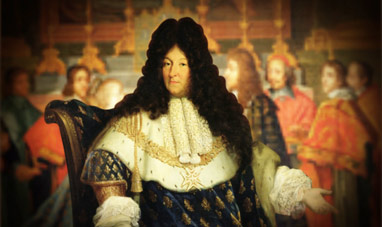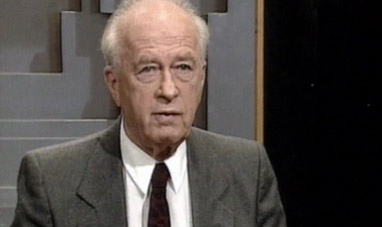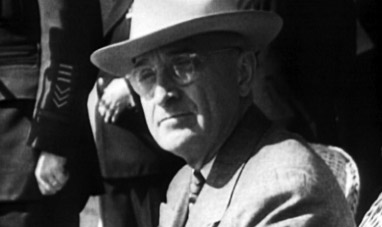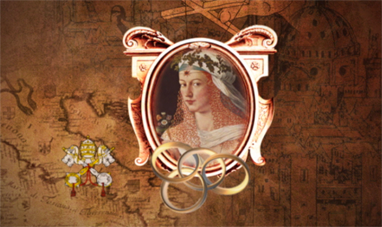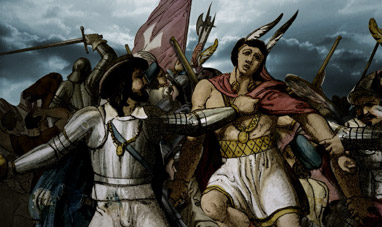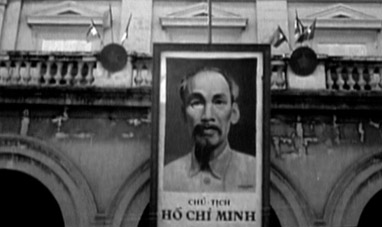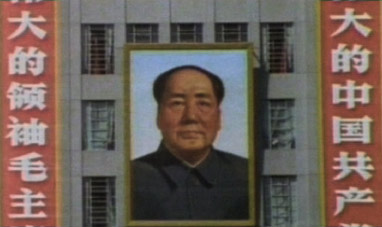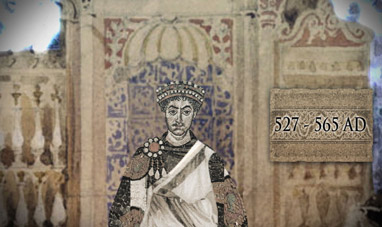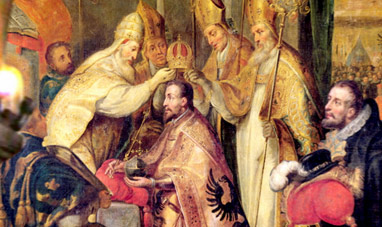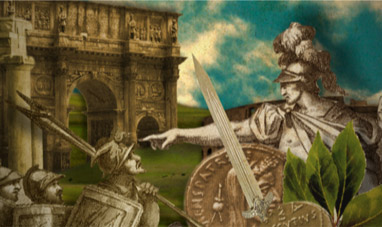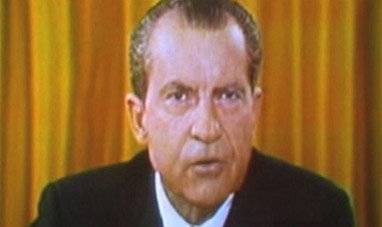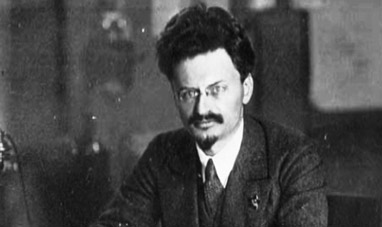Publius Aelius Hadrianus, or Hadrian, was Rome’s emperor from 117 to 138 AD. He was known as an intellectual and a reformer. Hadrian was born on January 24, 76 AD to an aristocratic family in a Roman province in Spain. He received a classical education in Rome. Upon his father’s death, Hadrian’s upbringing were entrusted to the magistrate Trajan, who became emperor in 98 AD. With the aid of Popeia Plotina, Trajan’s wife, Hadrian married a cousin of the emperor, Vibia Sabina, and began his rise up the ladder of Roman power. He held various public offices, becoming a magistrate in the people’s court, a consul, and the governor of Syria. When Trajan died unexpectedly during a military campaign, Hadrian quickly ascended to the throne. Some say Trajan himself ordered the succession on his deathbed, while others believe Plotina orchestrated the succession once her husband was dead. Hadrian immediately made his mark on the empire, not just by making territorial gains but by focusing on internal affairs.
An inveterate traveler, he undertook a series of expeditions that took him to the remotest parts of the Roman empire. He developed plans to reduce military spending and give up territory in Mesopotamia he considered indefensible. He also increased diplomatic ties with people living in the Roman hinterlands. At the same time he fortified vulnerable areas of the empire. Most notably, he built Hadrian’s Wall in the Britannia province in order to ward off northern Celtic tribes. Members of the military and common people supported his policies, but some senators accused him of undermining Rome’s prestige. Hadrian dealt harshly with these dissenters, condemning many to death. His reign was characterized by a certain ambiguity. While he was quick to adopt popular measures, including tax pardons and new imperial constructions, Hadrian was also profoundly self-indulgent, as can be seen by the countless statues of himself he had erected. He abandoned his peaceful policies when the Jews revolted in Judea in Asia Minor.
Rebels there refused to abide by a Roman law that barred circumcision, which was considered a form of mutilation. Hadrian had the Jews slaughtered. The revolt was definitively put down with the occupation of Jerusalem and the destruction of sacred Hebrew scrolls. Hadrian died in Baiae near Naples on July 10, 138 AD. He was 62. His remains were interred in the mausoleum he had built near Castel Sant’Angelo in Rome. In 1951, the French writer Marguerite Yourcenar wrote the novel Memoirs of Hadrian, which attempted to reconstruct the emperor’s private life. Emphasizing his love of life and youth, as well as his affection for Antinous, his young lover, Yourcenar created a more intimate, vulnerable version of the emperor.
An inveterate traveler, he undertook a series of expeditions that took him to the remotest parts of the Roman empire. He developed plans to reduce military spending and give up territory in Mesopotamia he considered indefensible. He also increased diplomatic ties with people living in the Roman hinterlands. At the same time he fortified vulnerable areas of the empire. Most notably, he built Hadrian’s Wall in the Britannia province in order to ward off northern Celtic tribes. Members of the military and common people supported his policies, but some senators accused him of undermining Rome’s prestige. Hadrian dealt harshly with these dissenters, condemning many to death. His reign was characterized by a certain ambiguity. While he was quick to adopt popular measures, including tax pardons and new imperial constructions, Hadrian was also profoundly self-indulgent, as can be seen by the countless statues of himself he had erected. He abandoned his peaceful policies when the Jews revolted in Judea in Asia Minor.
Rebels there refused to abide by a Roman law that barred circumcision, which was considered a form of mutilation. Hadrian had the Jews slaughtered. The revolt was definitively put down with the occupation of Jerusalem and the destruction of sacred Hebrew scrolls. Hadrian died in Baiae near Naples on July 10, 138 AD. He was 62. His remains were interred in the mausoleum he had built near Castel Sant’Angelo in Rome. In 1951, the French writer Marguerite Yourcenar wrote the novel Memoirs of Hadrian, which attempted to reconstruct the emperor’s private life. Emphasizing his love of life and youth, as well as his affection for Antinous, his young lover, Yourcenar created a more intimate, vulnerable version of the emperor.

